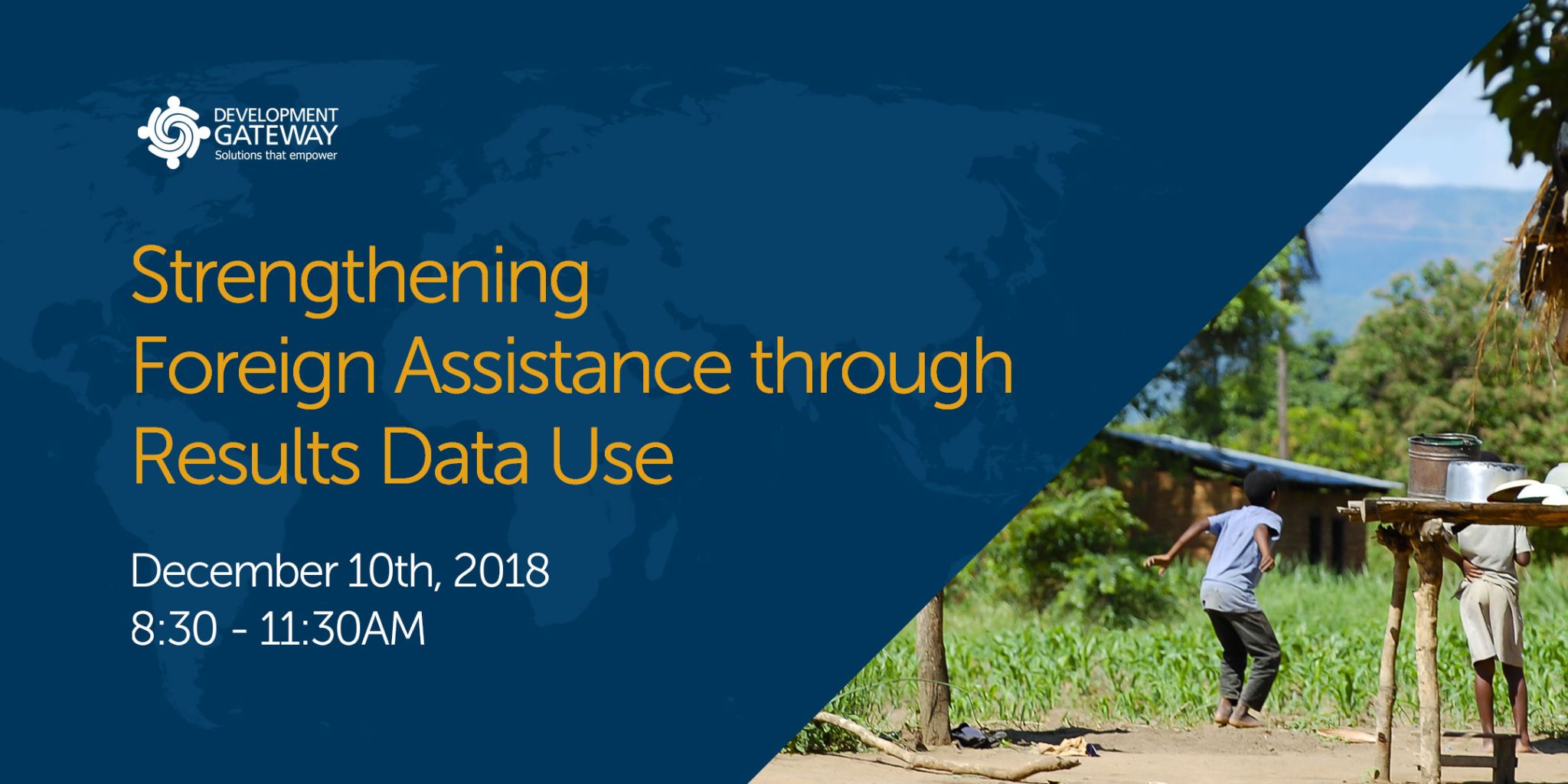Join Us: Strengthening Foreign Assistance through Results Data Use
We know that evidence can lead to better outcomes. Yet despite spending upwards of USD $2.5 billion annually on collecting information about results – outcomes and impacts – research suggests these data are infrequently used.

Convened as part of the Results Data Initiative, this event will feature perspectives on country ecosystems and donor agency-level approaches to shared challenges. With discussants from the Bill & Melinda Gates Foundation, Global Affairs Canada, Government of Malawi, MCC, UK Department for International Development, UNICEF, and USAID, this conversation seeks to transform a conceptual framework into concrete methods for achieving change.
Share This Post
Related from our library

Harnessing the Power of Data: Tackling Tobacco Industry Influence in Africa
Reliable, accessible data is essential for effective tobacco control, enabling policymakers to implement stronger, evidence-based responses to evolving industry tactics and public health challenges. This blog explores how Tobacco Industry strategies hinder effective Tobacco control in Africa, and highlights how stakeholders are harnessing TCDI Data to counter industry interference.

Building a Sustainable Cashew Sector in West Africa Through Data and Collaboration
Cashew-IN project came to an end in August 2024 after four years of working with government agencies, producers, traders, processors, and development partners in the five implementing countries to co-create an online tool aimed to inform, support, promote, and strengthen Africa’s cashew industry. This blog outlines some of the key project highlights, including some of the challenges we faced, lessons learned, success stories, and identified opportunities for a more competitive cashew sector in West Africa.

Digital Transformation for Public Value: Development Gateway’s Insights from Agriculture & Open Contracting
In today’s fast-evolving world, governments and public organizations are under more pressure than ever before to deliver efficient, transparent services that align with public expectations. In this blog, we delve into the key concepts behind digital transformation and how it can enhance public value by promoting transparency, informing policy, and supporting evidence-based decision-making.